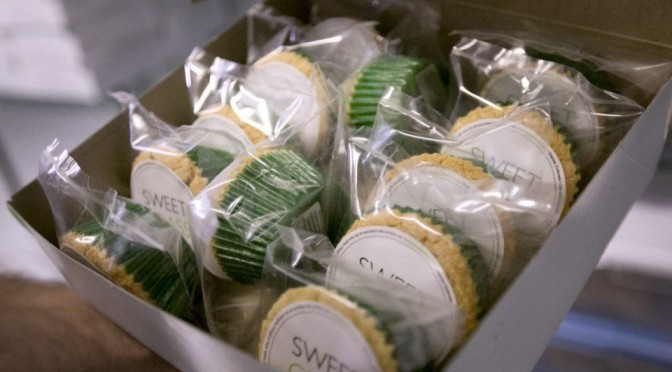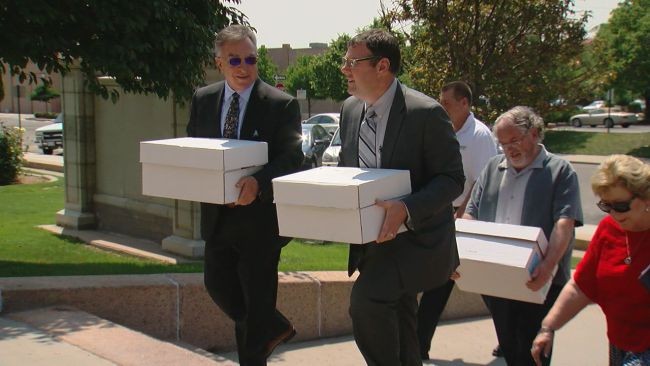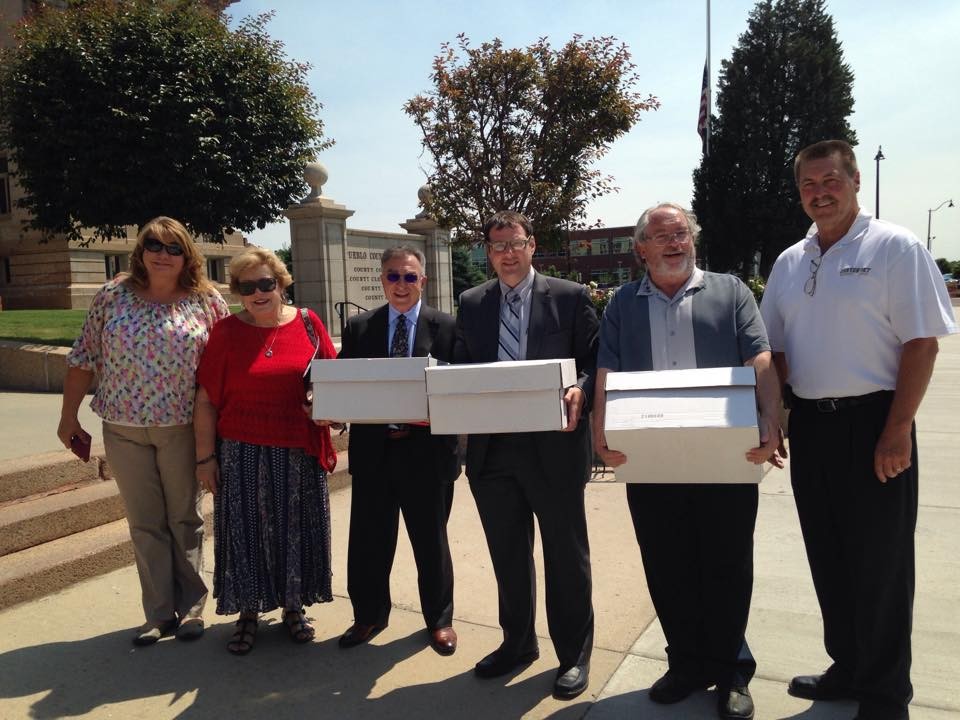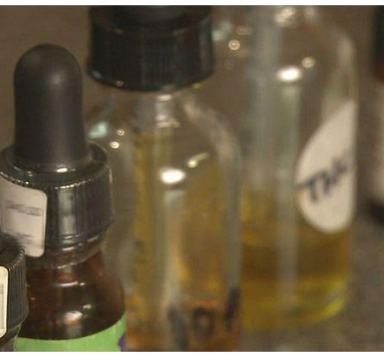Recovery was possible for my son, but we are lucky. He is now 23 and if you asked me three years ago, I wasn’t sure he could get to where he is today.
He spent one year at a CSU school. He came home after becoming engrossed in smoking a LOT of medical marijuana which was very easy to get on campus. He spent 6 months de-toxifying which also included many periods of psychosis including an evening at psychiatric hospital after a bad episode. This included hearing voices and laughing at seemingly nothing. When asked what he was laughing about he would say something stupid and not satisfying. He also did not sleep well and spent hours and hours alone in his room. I took him to see a psychologist and two psychiatrists all of whom thought he may be schizophrenic.
After six months of this I finally convinced him to undergo testing with a neuro-psychologist who indicated that he was neither depressed nor psychotic. He did indicate though that there was some significant decrease in his executive functioning capabilities. His advice to me was that there was no medical solution (also, many kids this age won’t take medication anyway on a regular basis). He would have to spend the next few years hoping to regain normal brain functioning. Sure enough, and slowly over the last two years, all of his psychoses dissipated. The laughing at nothing lasted the longest (over a year). He is now doing well. He is not back at school, and frankly I don’t want him back in that atmosphere. He is in a good job full-time and successfully living on his own and reconnecting with close friends.
My advice to all of you who have children going through this is to first of all do whatever you can to get them off the marijuana and all other drugs. I do not believe the symptoms will ease or go away until your child is clean and able to get it out of the system. The longer they smoke the worse the effects and the longer it will take he or she to recover. Getting evaluated is a great idea but make sure the person evaluating does a lot of testing. If there is either depression or psychosis, chances are that it is related to the marijuana.
Our story has many more episodes, but I won’t bore you. Now that it’s edibles that are common, I think it’s worse and I hear the kids are doing it even younger than high school age.
Please don’t write it off, give up, kick your child out of the house. And please don’t think it’s a life sentence for a mental illness.





